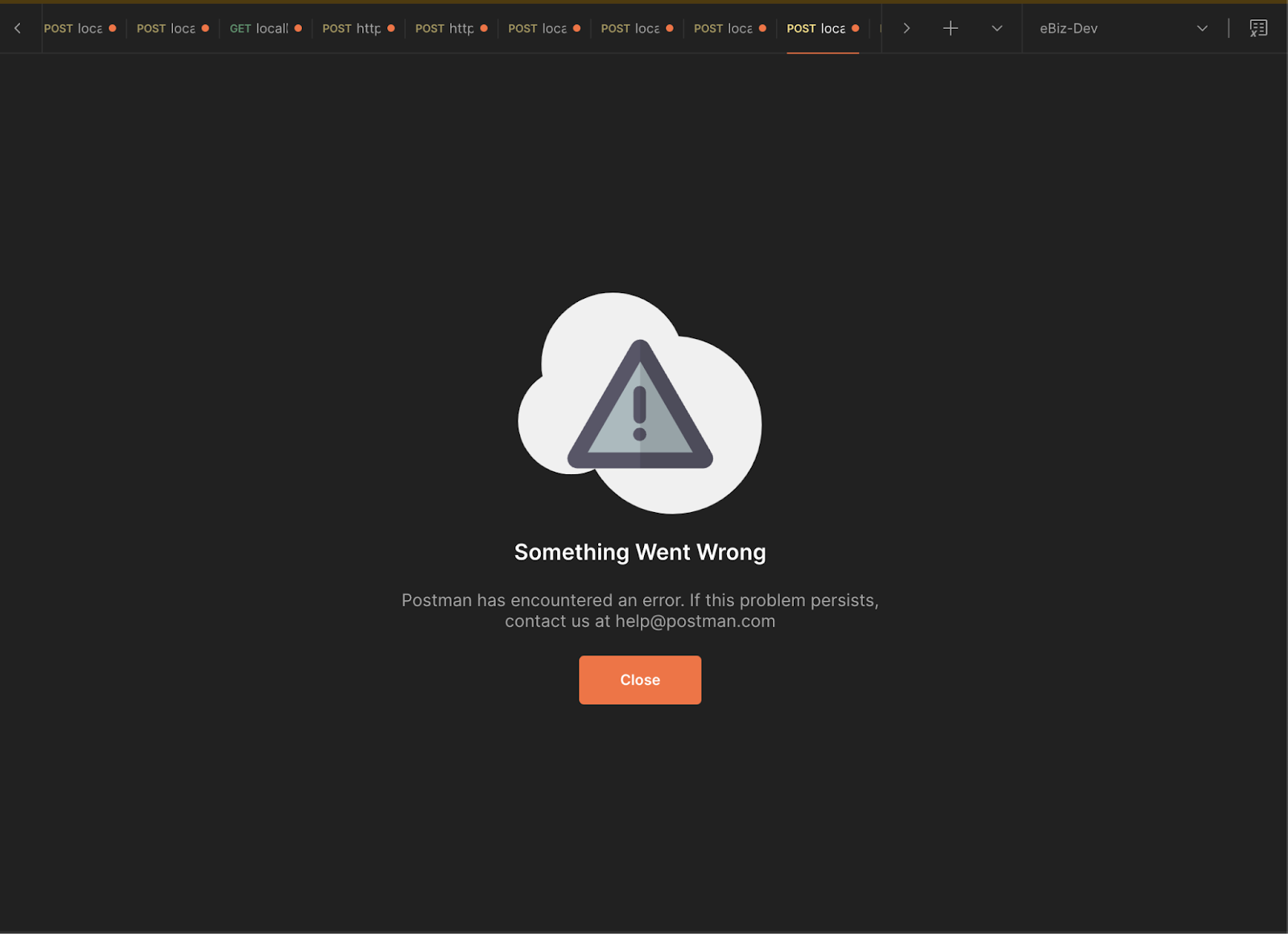
Aldin
Keep API Work Local: Why Offline-First Beats Cloud-Based Tools?
The Trouble with Cloud-Based API Tools
You’re in the middle of debugging an API, and your cloud-based tool (say, Postman) freezes because the servers are down. Or the API docs you’re relying on are outdated, sending you on a wild goose chase. Are these just glitches, or are they symptoms of a workflow that’s too dependent on the cloud even if it doesn’t belong to it?
Where it falls apart:
Data risks: Storing API specs and keys on third-party servers invites trouble. Not once have people pointed to breaches or outages where cloud tools left sensitive data vulnerable.
Tied to the internet: No connection, no work. Even on localhost?! Coding at a remote site or during a server outage? You’re out of luck.
Fragmented flow: Switching between the editor, a testing app, and a docs platform breaks the rhythm and risks stale specs. And what’s with all the tabs and mouse commands.
Vendor lock: Proprietary formats and per-seat fees ties teams to a tool’s ecosystem, limiting options and budget.
Real scenario: You’re racing to meet a deadline, but the cloud-hosted API docs don’t match the live endpoint. You lose an hour (that’s me being an optimist) verifying changes, momentum gone.
Offline-First: The only logical API workflow
Offline-first API workflows put you in control. Using local files you define, test, and document APIs right in your editor, synced with Git. It’s a setup that fits how developers actually work. You know, type, hotkey, enter, tab (not that tab), terminal… the usual dev flow.
Why it’s better:
Secure by nature: Keep your API specs and credentials local, away from third-party servers that could be breached.
Work anywhere: Test and document APIs offline or on localhost. No Wi-Fi? Unless it’s a prod thing and you need THAT environment specifically, you keep going.
Stay focused: Write specs, run tests, and create docs in one place - your editor. No more app-hopping.
Dev-first: Version control tracks changes, simplifies collaboration, and lets you roll back without a fuss. Hotkeys and reusable components keep it DRY, like your code.
No hidden costs: Your offline app and Git are free, scaling with your team without extra fees.
Example: Imagine an executable markdown file (say, an example.void in your Voiden project). It defines your endpoint, explains whatever you need it to, lets you select the localhost environment, and you run an API test. It’s all on your machine, is not hosted, works with no internet, introduces 0 additional safety issues, and you can still version control it and collaborate with the team via Git. Try doing that when Postman’s servers are napping.
Hint:

Why We Had to Rethink API Work
This whole mess with cloud-based API tools shows we’ve been too quick to trade control for shiny dashboards (and some data gathering, per-seat fees, lock in, oh my…). But do developers really need another subscription or clunky UI, or an API tool that feels like an extension of their code. Offline-first workflows are a wake-up call: your API work can be as lean and flexible as your development process.
This isn’t about swearing off the cloud. You’ll still hit live endpoints for real requests. It’s rather about keeping the core of your API work (specs, tests, docs) secure, local, and under your control.
Where to Go from Here
The shift to offline-first isn’t just about dodging cloud pitfalls. The shift to offline is about building a workflow that mirrors how you work as a developer. Imagine API specs that live alongside your code, evolving with every commit, always in sync. Picture a process where your docs aren’t a separate chore but a natural output of your work, as easy as writing a README. The offline-first approach turns API development into something that feels like coding: deliberate, iterative, and yours.
Voiden is on that path. You can help shape it by joining its GitHub Discussions.
Related Posts

Samuel
Voiden is Now Open Source: Not a Big Deal, Yet Everything
Open-sourcing Voiden is both unsurprising and deeply personal — a quiet milestone, a leap of trust, and an invitation for collaboration.

Nikolas
The 2025 State of APIs: Trends, Challenges, and How Voiden Fits In
Explore the 2025 state of APIs: AI-driven development, API monetization, and collaboration challenges. Learn how Voiden.md unifies API artifacts offline, boosts security, and empowers teams to innovate.

Aldin
How to Keep API Docs Consistent with Reusable Blocks
API docs a mess with endless updates and inconsistent formats? Still copy-pasting headers or error codes across endpoints? Use Voiden's built in reusable blocks feature to write modular components once, import them across the project, save time and avoid the frustration of debugging mismatched specs.